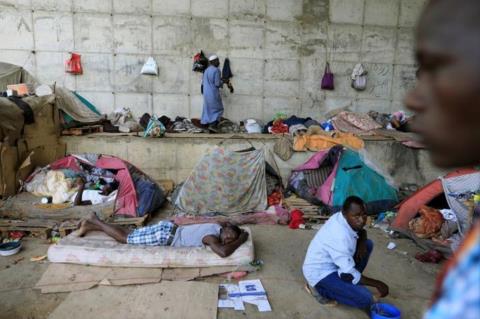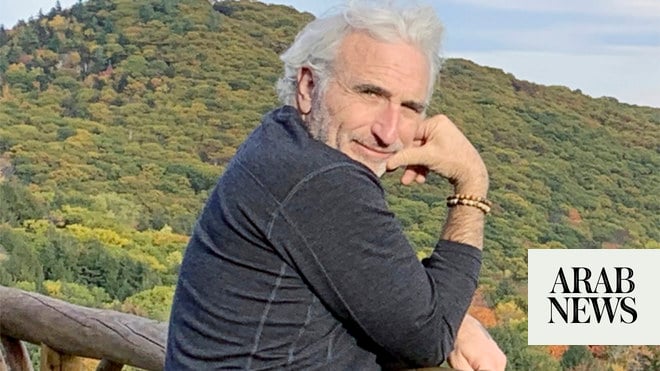
The Algerian government announced a new draft law on "human trafficking," which included penalties of up to 20 years imprisonment.
The new law came in response to observations in annual reports of the US State Department on human trafficking, which criticized Algeria.
It calls for a national strategy to prevent human trafficking, asserting the need to harness all necessary efforts and capabilities to implement the new law.
Various state institutions and civil society participated in developing and implementing the new national strategy.
The National Committee for Combating Human Trafficking, established in 2016, prepared an annual report on the situation of human trafficking in Algeria, evaluated the measures taken to prevent and combat it, and submitted it to the President.
The new draft law stipulated that the state accompany victims of human trafficking and provide them with health, psychological, social, and legal assistance and care.
It must also facilitate their reintegration into society, with particular attention to women, children, and people with special needs, considering their age and gender. Victims are treated free of charge by public health institutions.
The authorities' protection also included Algerians who are victims of such crimes abroad, as the state works in coordination with the competent authorities in the concerned countries to assist them and, upon their request, facilitate their return to Algeria.
Foreign victims are also included under the new law, and the state facilitates their return to their home countries. They can also request compensation before the Algerian judiciary and benefit from the National Fund to Assist Victims of Human Trafficking, established for this purpose.
The government divided victims of human trafficking into several categories, including recruiting, transporting, transferring, harboring, or receiving one or more persons under threat or by use of force.
It also identifies the group that gives or receives sums of money or benefits to sell, deliver, or obtain a child and any act or practice that allows child marriage without having the right to refuse.
The draft allowed the prosecution to search homes any time of the day in the event of a suspected human trafficking crime.
Observers noted that the law targeted people who employ sub-Saharan nationals in their homes, or construction sites, especially since their rights are often violated illegally. Each year, thousands of sub-Saharan citizens enter Algeria.
In 2021, the US State Department ranked Algeria as a third-tier country regarding human trafficking, the lowest tier in the report. The following year, it upgraded the country to the second tier.
Algeria considered the classification "unfair" and confirmed that it had doubled investigations, prosecutions, and convictions and provided shelter to many victims, especially children.
Algiers said it had proved exemplary cooperation with international organizations to train officials and launch public awareness campaigns.












